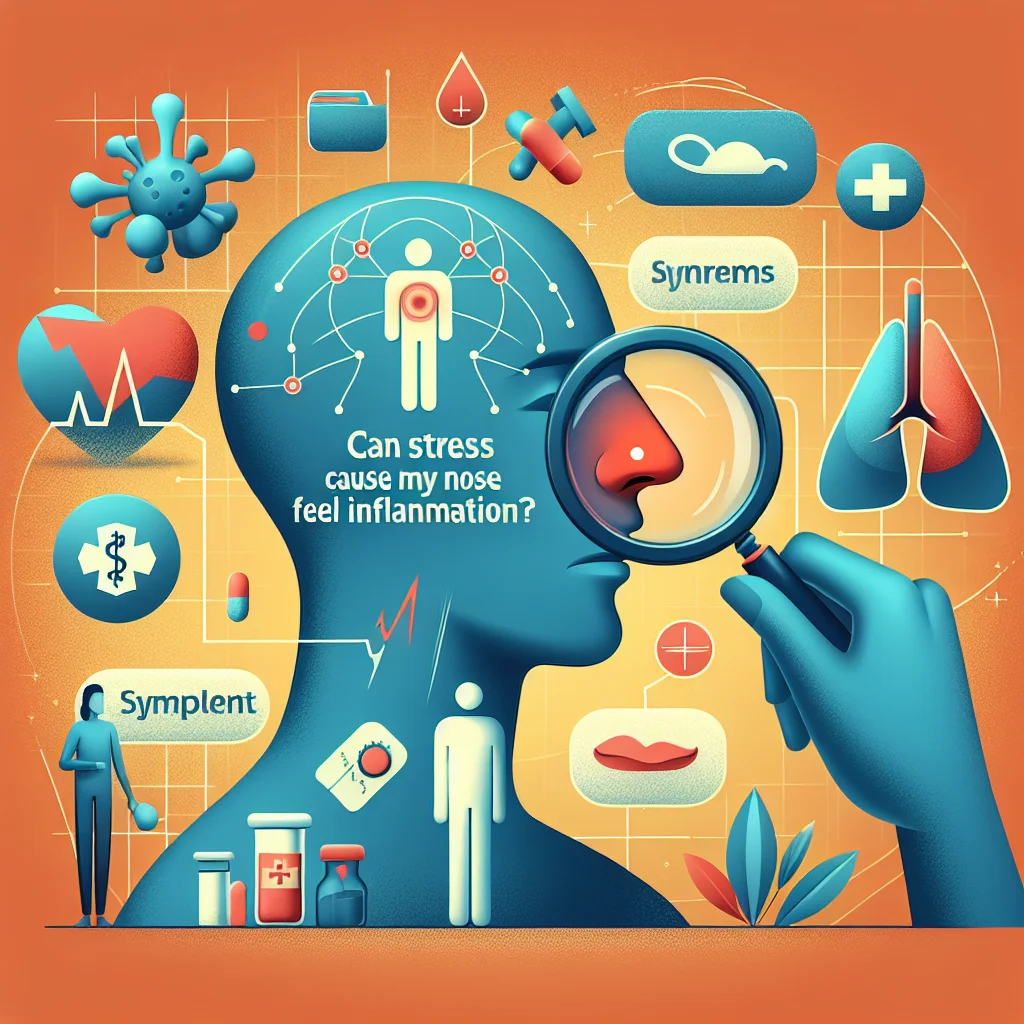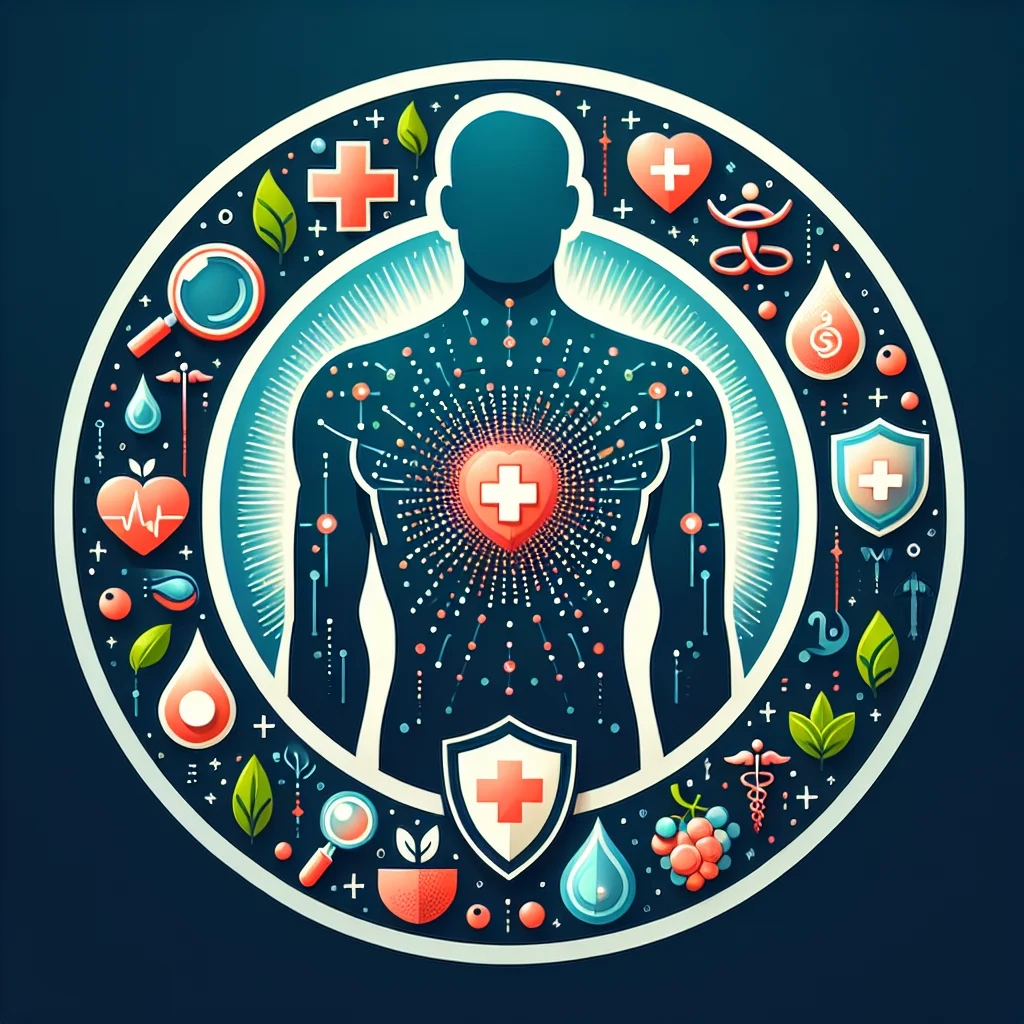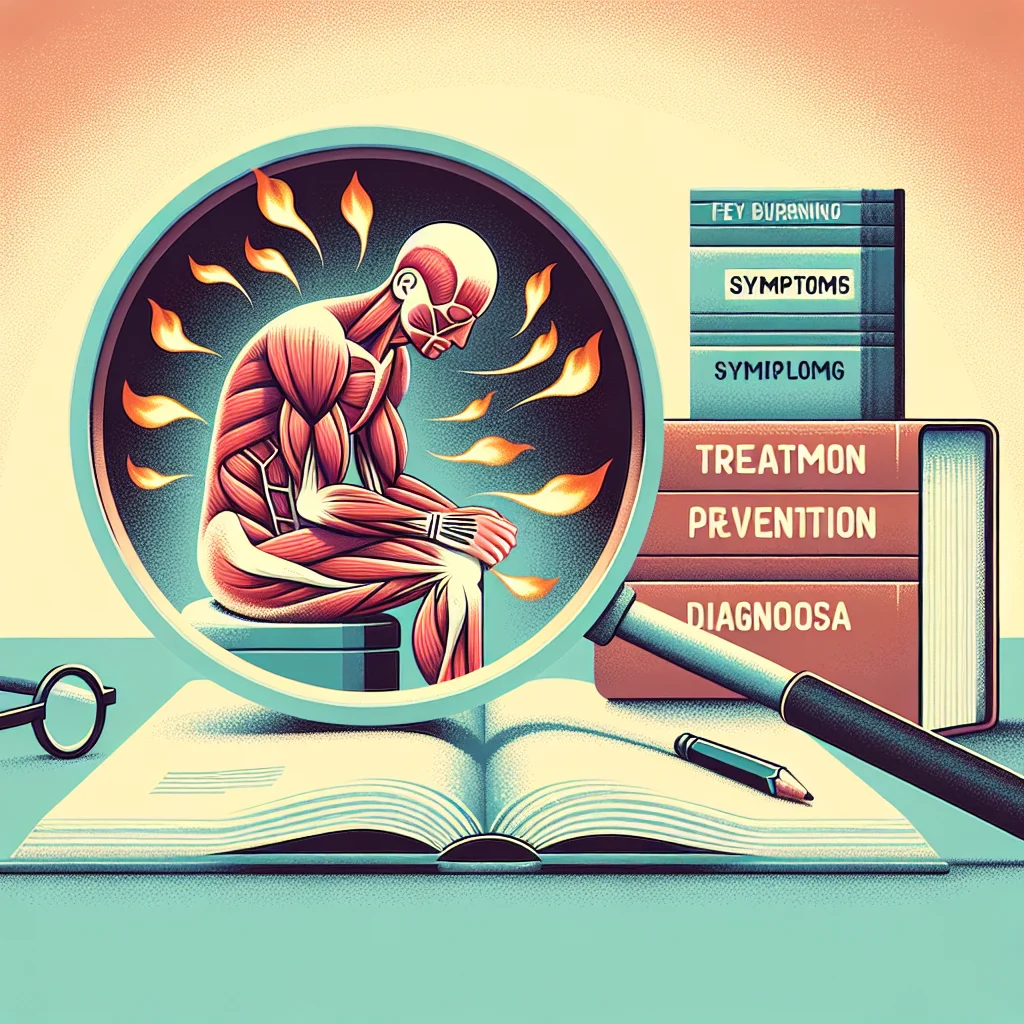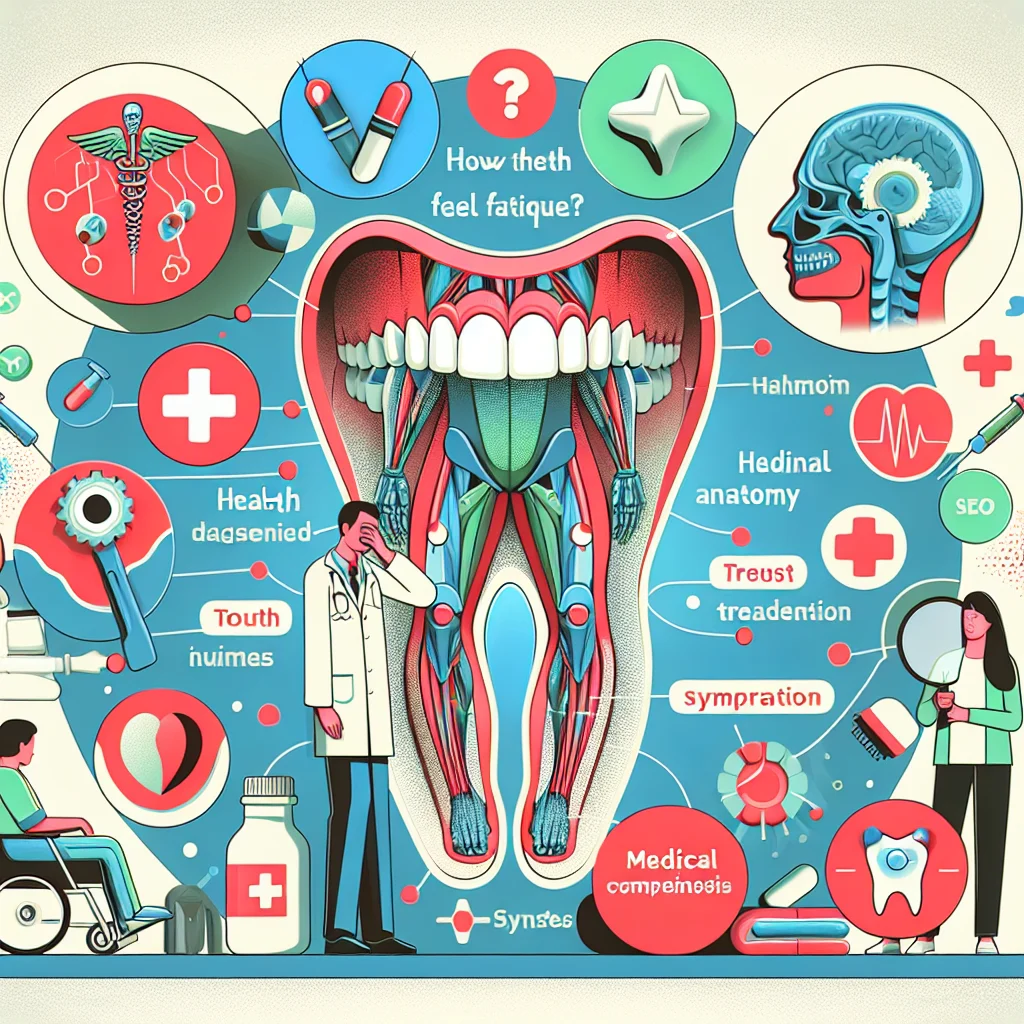
Possible Causes and Medical Insights
Wondering, "Why does my back itch?" You're not alone. Itchy backs are a common complaint and can result from a range of causes, from dry skin and allergic reactions to more serious conditions like eczema or even nerve-related issues. Environmental factors such as hot showers, harsh soaps, or exposure to irritants can strip your skin of its natural oils, leading to dryness and itching. It's important to consider recent lifestyle changes or new products that might be contributing to the discomfort.
In some cases, persistent itching may signal underlying medical conditions such as psoriasis, fungal infections, or even systemic diseases like liver or kidney disorders. Occasionally, an itchy back can be linked to nerve irritation, especially if there is no visible rash. Understanding the root cause is key to finding effective relief and avoiding unnecessary complications. If you notice additional symptoms or if the itching persists, seeking medical insight is a wise step.
Symptoms and Risk Factors
Symptoms that often accompany an itchy back can help narrow down the cause. Common signs include redness, scaling, small bumps, or even blistering. In chronic cases, scratching might lead to broken skin, increasing the risk of infection. Some people might experience itching only at night or after specific activities, such as sweating or swimming, which can indicate environmental triggers or sensitivities.
Several risk factors can make you more susceptible to back itching. These include having a history of allergies, sensitive skin, or certain chronic health conditions. Age is also a factor, as skin tends to become drier and thinner over time. Environmental factors like low humidity or exposure to chemicals can contribute significantly. Recognizing these symptoms and risk factors can help you make informed health decisions and seek appropriate treatment.
Diagnosis and When to See a Doctor
If you’re asking, “Why does my back itch?” and home remedies aren’t helping, it may be time to consult a healthcare provider. A thorough diagnosis typically involves a detailed history and physical examination. Your doctor may ask about the duration, frequency, and any accompanying symptoms like pain, rash, or fever. Sometimes, blood tests or skin biopsies are needed to rule out underlying medical issues such as infections or autoimmune diseases.
You should see a doctor promptly if the itching is severe, persistent, or accompanied by other concerning symptoms like jaundice, unexplained weight loss, or night sweats. These could indicate more serious health conditions requiring immediate attention. Early diagnosis and medical insight can help prevent complications and ensure effective treatment tailored to your specific needs.
Prevention and Home Remedies
Preventing back itch starts with gentle skincare practices. Use mild, fragrance-free soaps and moisturize daily to maintain your skin’s barrier. Avoid hot showers and excessive scrubbing, which can exacerbate dryness and irritation. Wearing loose, breathable clothing and washing laundry with hypoallergenic detergents can also help reduce exposure to potential irritants.
At home, you can relieve mild itching with cool compresses, oatmeal baths, or over-the-counter creams containing hydrocortisone or soothing ingredients like aloe vera. However, if symptoms don’t improve or worsen, don’t hesitate to seek professional health advice. Staying hydrated and maintaining a healthy diet also supports skin health and can help prevent future episodes of itching. Consistent care and prevention can make a significant difference in your comfort and well-being.














